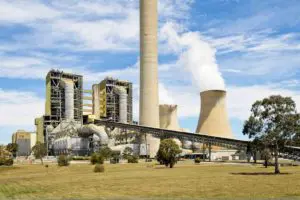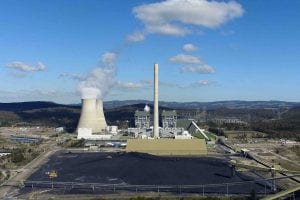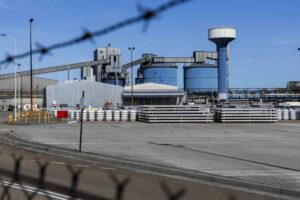Friends and colleagues at Monash University are very sad to be sharing the news that Prof Ariel Liebman passed away on Thursday November 9 in Auckland, New Zealand after a brief illness.
Those working in the energy sector are more likely than not to have met Ariel at some point in their careers. Ariel was a great networker, bringing together people from diverse backgrounds to work on what Ariel referred to as the BHAGs – the big hairy audacious goals relating to climate change.
Well aware of the seriousness of the climate challenge that faces us all, Ariel was dedicated to working on and solving the challenges of integrating renewable energy into the electricity grid, from both a power system engineering and a market mechanism point of view, as well as from the perspective of policy makers and consumers.
Ariel was a physicist by training, earning his PhD in quantum optics from the University of Queensland. However, looking at abstract problems didn’t seem to suit him, and he turned to the energy sector to find practical challenges.
After working for a prolonged stint in the energy market in Queensland, picking up in-depth knowledge across all aspects of the electricity supply chain, he then moved into academia, first at the University of Queensland before moving to Monash University. Ariel was instrumental in the establishment of Monash’s goal of net zero by 2030, which earned Monash a UN Lighthouse Award at the 2018 Conference of Parties.
He drove the set-up of Monash’s microgrid and the creation of the Monash Energy Institute (originally with the catchy title of MEMSI = Monash Energy Materials and Systems Institute).
He was one of the key players in setting up and running the largest Cooperative Research Centre in history, the energy user focused RACE (Reliable, Affordable Clean Energy) for 2030 CRC.
Ariel’s research interests covered a broad range. An optimisation expert, much of his work looked at how to get to a low carbon energy system while taking into account real world problems such as unit commitment and frequency stability.
He had a global view of the problems. In collaboration with the Australia-Indonesia Centre he led a major research program to develop an energy transition plan for the Indonesia grid, assessing the potential for wind, solar, geothermal, bio- and hydro energy and modelling the optimal combinations.
In collaboration with the India Institute of Technology he worked on how India can best transition away from coal fired power. Just recently he was in Germany learning about the challenges of ‘Energiewende’.
As well as an influential researcher, we remember Ariel as a wonderful person – always keen to share his time, enthusiasm and expertise; always running late as the conversation from the previous meeting or chance encounter over coffee ran overtime; always caring for his students and showing it through little things like bringing Tim Tams to their weekly meetings; always with a twinkle in the eye and coming up with quirky coffee orders to keep the baristas on their toes.
A larger-than-life character, his loss leaves a gaping hole in our community. We will miss him and honour his legacy by continuing to strive to meet the BHAGs.








